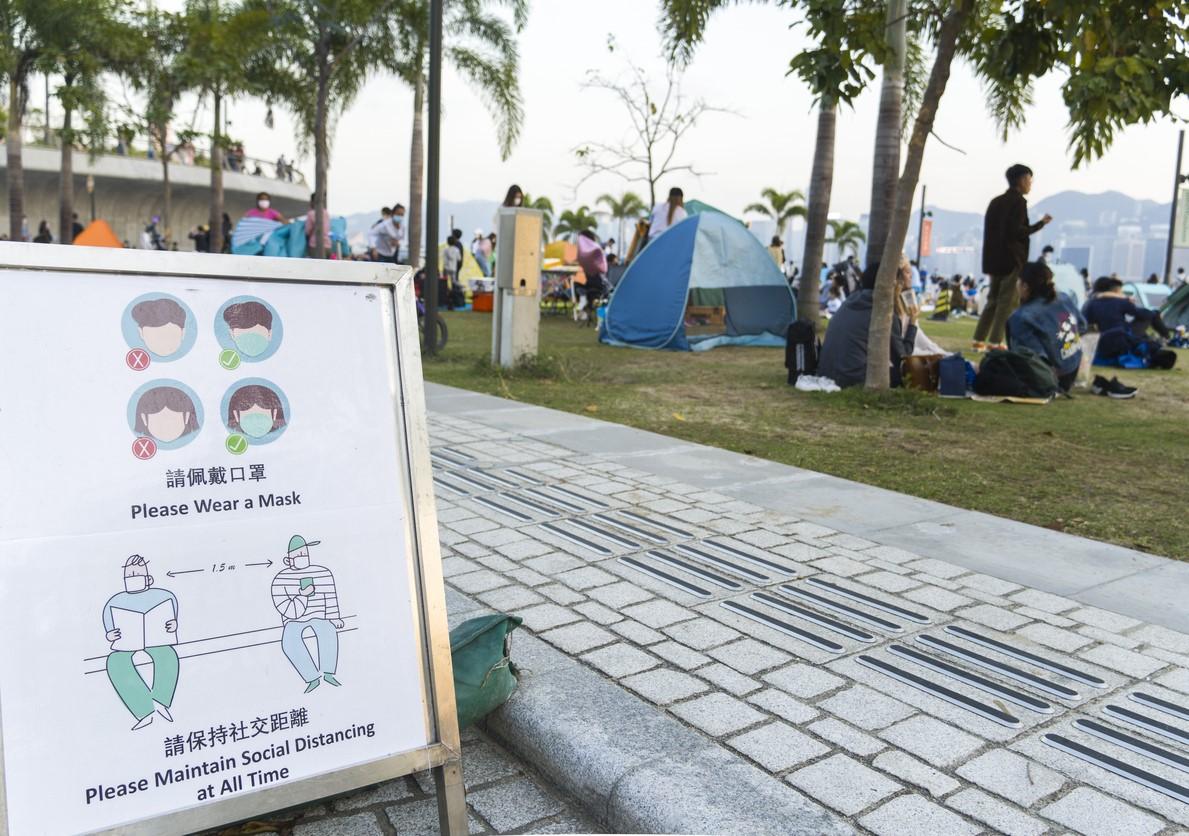COVID-19 surges continue to intensify in locations such as Hong Kong, where Omicron variant activity got a later foothold, but cases and deaths continue to fall in most regions, the World Health Organization (WHO) said in its latest weekly update yesterday.
In other developments, the WHO today warned of worsening health emergencies in Ukraine and released new information on the pandemic's mental health impacts.
Surges intensify in Hong Kong, New Zealand
Overall, cases declined 16% last week compared to the week before, reflecting a 4-week downward trend. Meanwhile, deaths dropped by 10%.
Of the more than 10 million cases reported to the WHO last week, the countries that reported the most were Germany, South Korea, Russia, Turkey, and Brazil. Of the roughly 60,000 new deaths that were reported, the United States had the most, with more than 13,000 fatalities.
The Western Pacific region was the only part of the world in which cases are climbing. The region is home to several of the current hot spots, which include Hong Kong, New Zealand, and South Korea. All are experiencing later Omicron surges.
Hong Kong's cases today reached a new daily record, with 55,353 cases. Health officials have said they don't expect COVID-19 to peak in Hong Kong until later this month. New Zealand today reported 24,106 cases, also a new daily record, as police removed an encampment of people protesting the country's COVID-19 measures.
In a separate report today on the mental health impacts of the pandemic, the WHO said global prevalence of anxiety and depression rose 25% during the first year of the crisis.
WHO: Ukraine needs humanitarian corridor, oxygen
At a briefing today, WHO Director-General Tedros Adhanom Ghebreyesus, PhD, said the agency is deeply concerned about Ukraine's unfolding humanitarian emergency.
Before the war started, the WHO distributed emergency supplies to 23 hospitals, but the materials it placed in Kyiv are current inaccessible. Tedros said more supplies for Ukraine are on their way to Poland, and he called for a humanitarian corridor to ensure that health workers and medical supplies can reach Ukrainians.
Prior to the war, Ukraine had experienced a recent COVID-19 surge amid low vaccine uptake, he said. Significant, undetected transmission is likely still under way, putting large numbers of people at risk.
Tedros also warned of critical oxygen shortages for treating people with COVID-19 and other conditions. At least three major oxygen plants have been shuttered, and the WHO is exploring ways to get supplies safely sent in from neighboring countries.
On Feb 27, the WHO warned that medical oxygen supplies in Ukraine were running dangerously low.
The WHO said it is also deeply concerned about reports of Russian military attacks on health workers and health facilities. One incident that killed 4 people and injured 10, including health workers, has been confirmed, and several more health infrastructure attacks are being investigated.





















